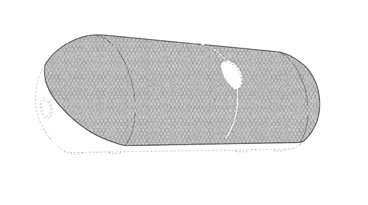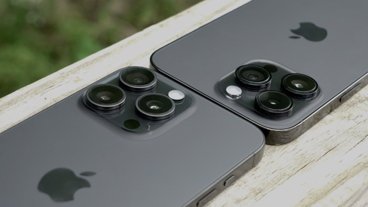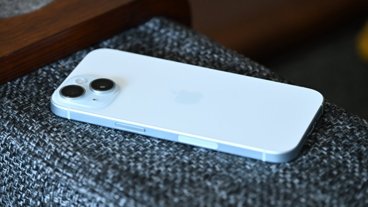Adobe to respond to Apple by giving employees Android phones with Flash
Three sources familiar with Adobe's plans told CNet that Adobe plans to give its employees mobile phones powered by Google's Android mobile operating system, and running a new mobile version of Flash created for the platform. Adobe reportedly has not yet decided which Android phone it will give its employees, though "various HTC phones and the Nexus One" were specifically mentioned.
"In the time-honored technology industry practice of 'dog-fooding' one's own products, Adobe and Google want to encourage employees to spend as much time using Android and the Flash Player 10.1 as possible," authors Tom Krazit and Stephen Shankland wrote.
They added: "It's also not clear if this will be a perk just for developers or for the entire company: Adobe had about 8,600 employees worldwide at the end of last November."
Adobe plans to formally introduce Flash 10.1 for Android at Google's I/O conference in May. Google also reportedly has plans to give every attendee either a Motorola Droid or a Nexus One, two high-profile handsets running Android.
The company's alleged plans were revealed just days after Apple's Jobs slammed Adobe Flash in a public letter, saying that the Web format is unfit for the modern era. Flash was created for PCs with mice and keyboards, Jobs argued, but it is not fit for use on devices in the "mobile era." Apple has not allowed Flash onto its iPhone OS, which powers the iPhone, iPod touch and iPad.
After Jobs' comments were published on Thursday, Adobe CEO Shantanu Narayen fired back and dismissed the Apple co-founder's claims that Flash is the source of most crashes in Mac OS X. Narayen said Jobs' comments were a "smokescreen," and some of his claims, such as Flash resulting in poorer battery life of mobile devices, were "patently false."
 Sam Oliver
Sam Oliver










 Christine McKee
Christine McKee
 Malcolm Owen
Malcolm Owen
 Mike Wuerthele and Malcolm Owen
Mike Wuerthele and Malcolm Owen

 William Gallagher
William Gallagher










